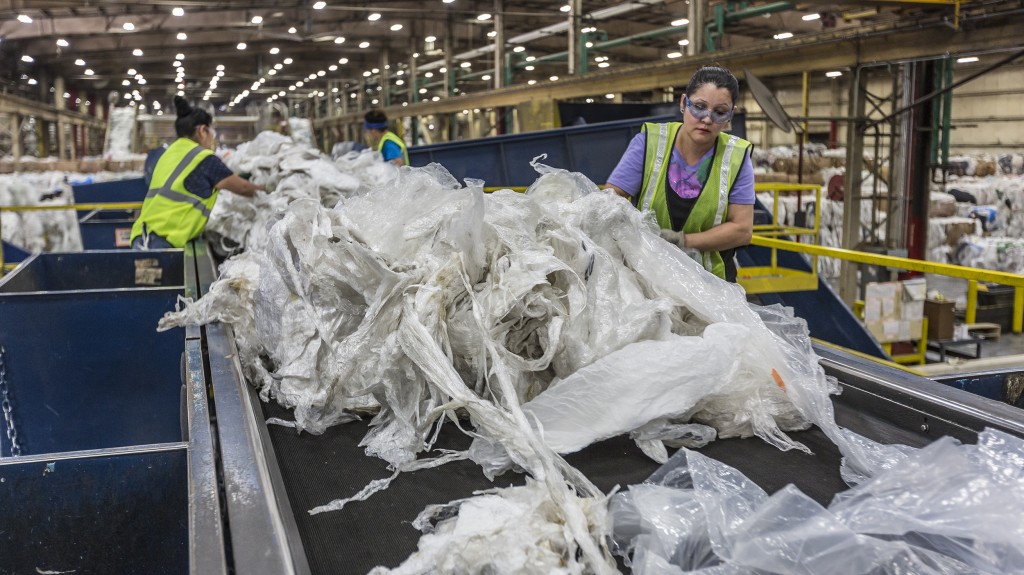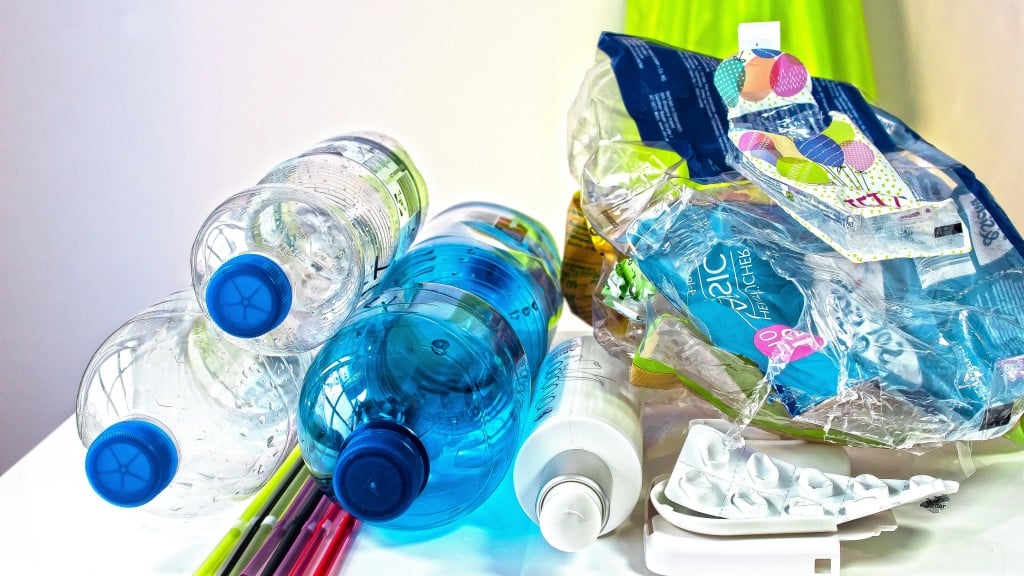NexTREX initiative encourages sustainable recovery for polyethylene plastic producers
Recycled decking manufacturer TREX is recovering more than 400 million pounds yearly

Through a newly established recycling initiative called NexTrex, TREX Company, the manufacturer of recycled-plastic based decking and railing products, is looking to help retailers, grocery stores and distribution centers responsibly and more efficiently repurpose their polyethylene plastic waste. The NexTrex program is meant to make it easy for retailers and distributors to waste accumulated as part of their daily operations for recovery by TREX, which then uses the recovered material in its manufacturing of recycled plastic-based construction materials.
Once enough material is collected, TREX says it is sent to nearby distribution centers where it is sorted, condensed and shipped to manufacturing facilities in Virginia and Nevada, to be used in the making of the company's decking and railing products. Adding to the appeal of the program, Trex compensates their supplier partners for the plastic waste they contribute.
"NexTrex is a prime example of an initiative where everybody wins," explained Dave Heglas, senior director of supply chain excellence for Trex Company. "Our retail and distribution partners win by providing their customers with an environmentally responsible way to dispose of plastic waste. Trex wins by collecting a key ingredient to make our products. And, ultimately, we all win by keeping tons of single-use and packaging plastic from ending up in landfills."
One of the largest recyclers of plastic in North America, Trex reclaims and repurposes more than 400 million pounds of polyethylene plastic film annually through its NexTrex commercial partnerships and community programs. Among its largest sources are grocery stores and other retailers who partner with Trex to responsibly dispose of plastic shopping bags and polyethylene film used to wrap products and pallets.
"In distribution, plastic film plays a huge role in maintaining the quality of goods and ease of transport," noted Heglas. "Distribution centers have the ability and opportunity to consolidate this material for recycling. In addition to protecting the environment, this also saves on disposal fees and demonstrates social responsibility."
By giving recycled plastic film a second life as high-performance, low-maintenance composite decking, Trex provides a viable solution for distributors, retailers and others to the waste management and lifecycle issues related to discarded plastic film. The entire Trex decking portfolio is made from more than 95 percent recycled content, nearly half of which comes from plastic film packaging ranging from product overwrap and package liners to shrink wrap and stretch film used to palletize boxes and equipment.
"We are proud to offer a destination and alternate use for our country's growing supply of plastic waste," said Heglas. "Through our NexTrex program, we hope to lead by example and inspire others to become part of the solution."


